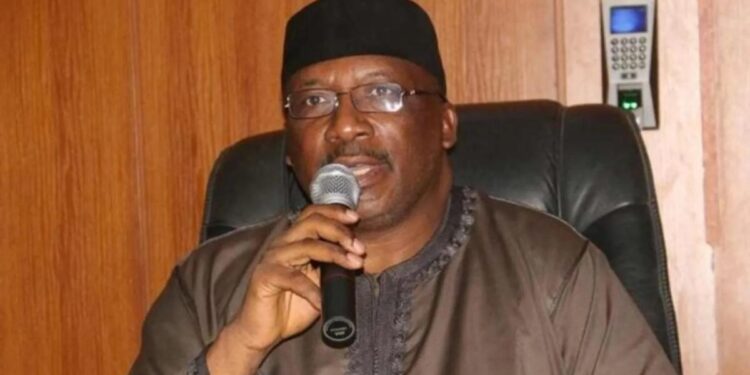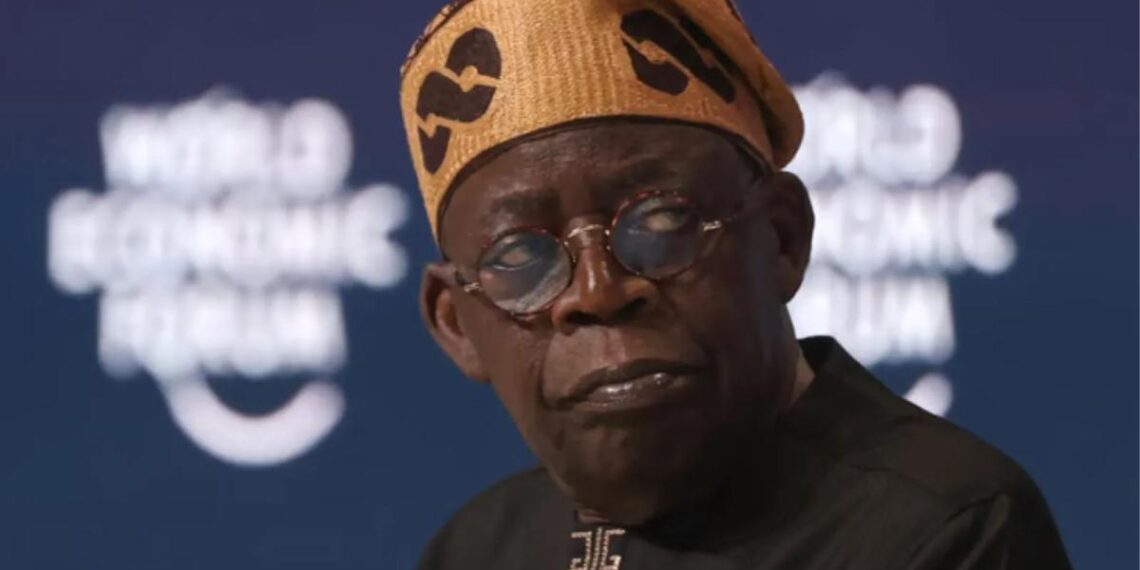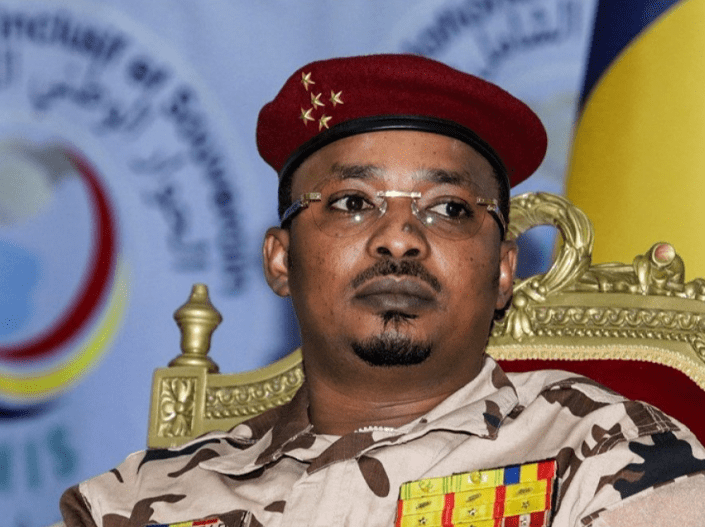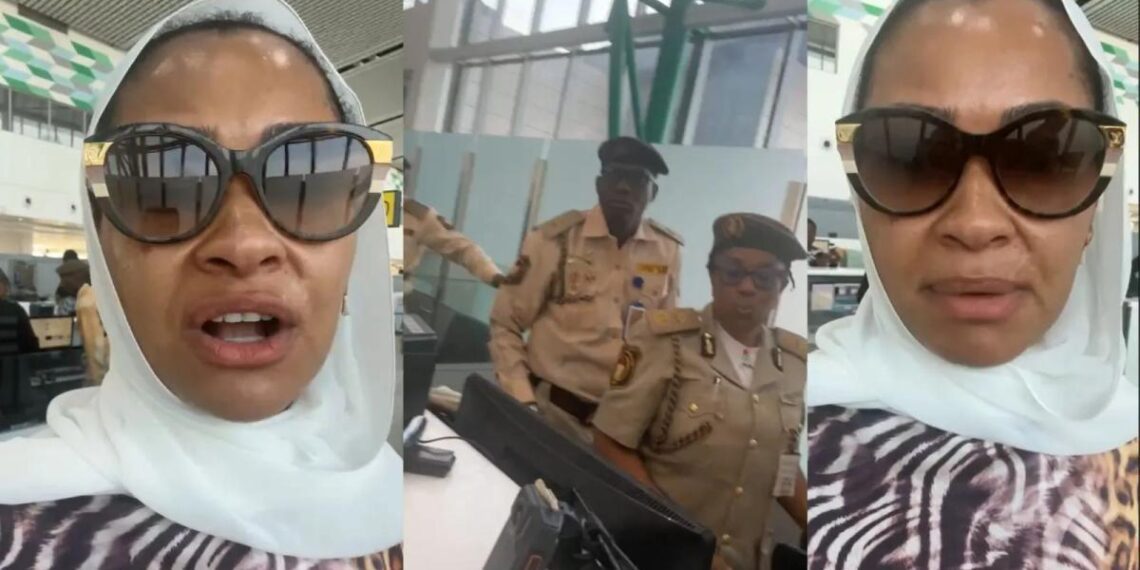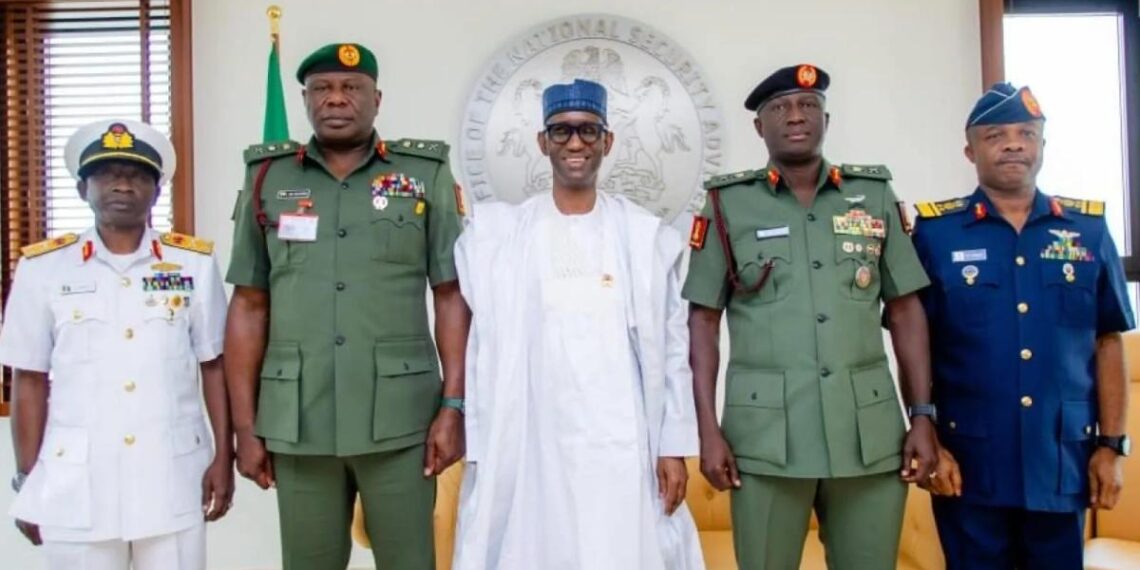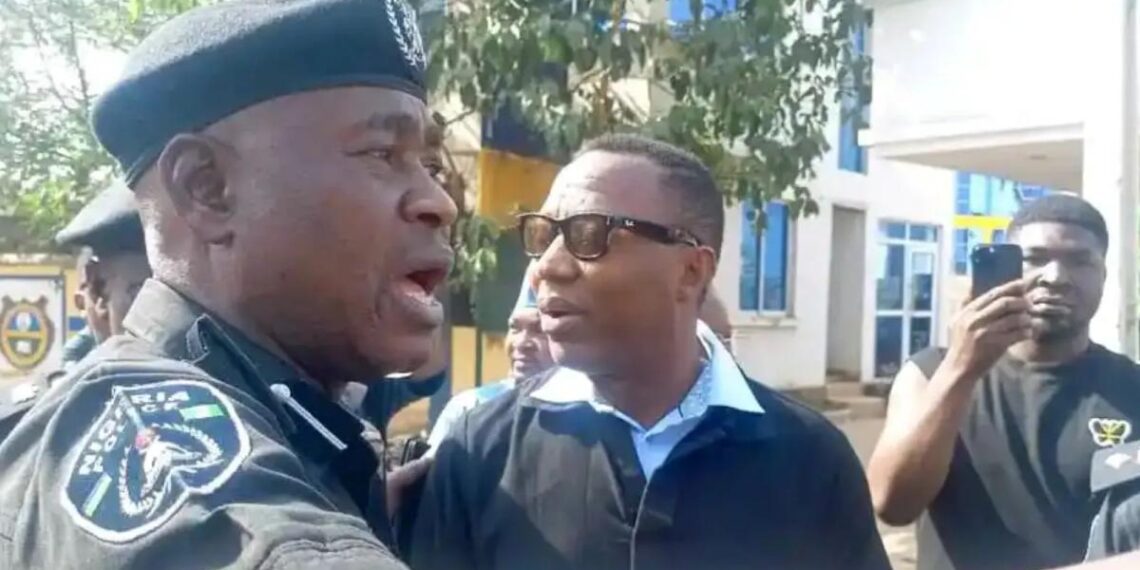Former Chief of Army Staff and ex-Minister of Interior, Lt.-Gen. Abdulrahman Bello Dambazau (rtd), has traced the emergence of the Boko Haram insurgency to a critical policing mistake made in 2009.
Speaking on Tuesday in Abuja during the 7th Annual Lecture of the Just Friends Club of Nigeria (JFCN), themed “Nigeria’s Security Challenges and the Quest for National Cohesion: A New Paradigm for Internal Security Architecture and Governance,” Dambazau said the insurgency, which devastated the North-East, started as a minor law enforcement failure that spiralled out of control.
He explained that what began as a manageable incident was mishandled by the police, allowing it to escalate into a full-blown insurgency. The event was chaired by former Director-General of the Nigerian Television Authority (NTA), Prof. Tonnie Iredia.
Recounting the origins of Boko Haram, Dambazau said the crisis began in Maiduguri after a confrontation between police officers and followers of the group’s late founder, Mohammed Yusuf, over enforcement of a motorcycle helmet law.
According to him, “Boko Haram started as a local issue triggered by a law on wearing crash helmets. Some of Yusuf’s followers were stopped by the police while heading to a burial because they were not wearing helmets.
A fracas ensued, and the police shot a few of them. Mohammed Yusuf swore revenge, and weeks later, they began attacking police stations.”
He said the then-President, Umaru Musa Yar’Adua, ordered a military operation to dismantle the sect’s stronghold in Maiduguri.
“I was in China when I was informed of the order to clear their enclave. After the operation, we arrested Mohammed Yusuf and many of his followers. As military personnel, we handed them over to the police as required,” he said.
He added, “Unfortunately, the police executed Yusuf in front of the camera, and the footage spread worldwide. Those who escaped used the images to attract sympathy and recruit followers. That was the real beginning.”
On the growing menace of banditry in the North-West, Dambazau said it stems from prolonged neglect, poverty, and weak governance.
“You cannot solve insecurity with bullets alone. The roots of banditry lie in unemployment, hunger, lack of education, and weak local administration,” he said. “The military has been overstretched because the police, who should handle internal security, are underdeveloped and politicised.”
He criticised the frequent deployment of soldiers for policing duties, saying it undermines their constitutional role of defending Nigeria’s territorial integrity.
“The military is now everywhere doing roadblocks and checkpoints. That’s not their job. Meanwhile, governors keep building roads but neglect education and healthcare, which are the real foundations of human security,” he added.
Dambazau also faulted both the executive and legislative arms of government for mismanaging security funds, lamenting that despite large allocations, insecurity persists due to corruption, leakages, and misplaced priorities.
He said, “Many items in the defence budget are contractor-driven and inserted by lawmakers without consulting the services. Sometimes, the items are irrelevant to operational needs,” adding that barely 40 percent of approved security budgets are actually released.
The former Army Chief stressed that “investment in the military alone will never solve Nigeria’s problem if we do not invest in people.”
Dambazau also dismissed Western claims of a “Christian genocide” in Nigeria, describing them as “propaganda aimed at manipulating global perception and destabilising the country.”
Since 2009, the Boko Haram insurgency has killed over 35,000 people and displaced about 2.5 million across Nigeria and neighbouring countries, according to UN estimates.










